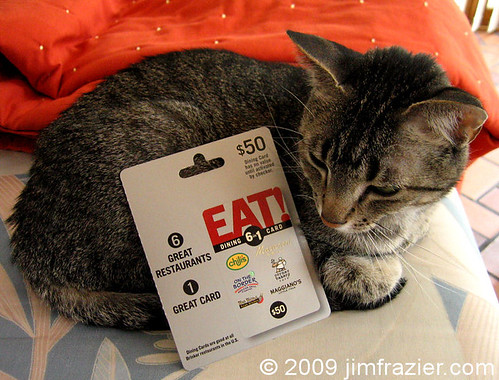 While I was writing the food article a few days ago, I got to thinking about a common complaint about sales and use taxes. The problem is that these kinds of taxes tend to be regressive. The burden of the tax seems to fall more on the poor than on the rich. The idea springs from the fact that certain things are bought by everyone, rich and poor and therefore the poor spend more on these items as a percentage of their income than the rich. Therefore, sales and use taxes take up a larger percentage of their income than that of rich folks.
While I was writing the food article a few days ago, I got to thinking about a common complaint about sales and use taxes. The problem is that these kinds of taxes tend to be regressive. The burden of the tax seems to fall more on the poor than on the rich. The idea springs from the fact that certain things are bought by everyone, rich and poor and therefore the poor spend more on these items as a percentage of their income than the rich. Therefore, sales and use taxes take up a larger percentage of their income than that of rich folks.You could argue this issue, but I'd rather not because it'll get in the way of the point I'm trying to make.
In order to minimize the regressiveness of sales and use taxes, states implement various exemptions on things that are pretty much basic necessities. So you'll see tax exemptions for the following items:
Prescription drugs (almost universally exempt)
Food (offered in many states)
Residential utilities (gas and electricity for homes - available in most states)
Clothing (in a few states, mostly in the Northeast, plus sales tax holidays in other states)
Repair labor on motor vehicles (I've only seen this in one state, but it's not a bad idea)
And a service that is rarely taxed is hair care. You almost never see the services of a barber or hair stylist listed as taxable.
In addition, the perusal of just about any state's mix of exemptions and taxable services will find that the taxes are imposed much more often on businesses than individuals. A cynical person might think that this is merely a way of making voters happy. A more idealistic person would probably believe that this is another effort at making the state's taxes less regressive.
The Sales Tax Guy
http://salestaxguy.blogspot.com
See the disclaimer - this is for education only. Research these issues thoroughly before making decisions. Remember: there are details we haven't discussed, and every state is different.
Get these articles in your inbox - subscribe at http://salestaxguy.blogspot.com
Here's information on our upcoming seminars and webinars.
http://www.salestax-usetax.com/
Picture note: the image above is hosted on Flickr. If you'd like to see more, click on the photo.


